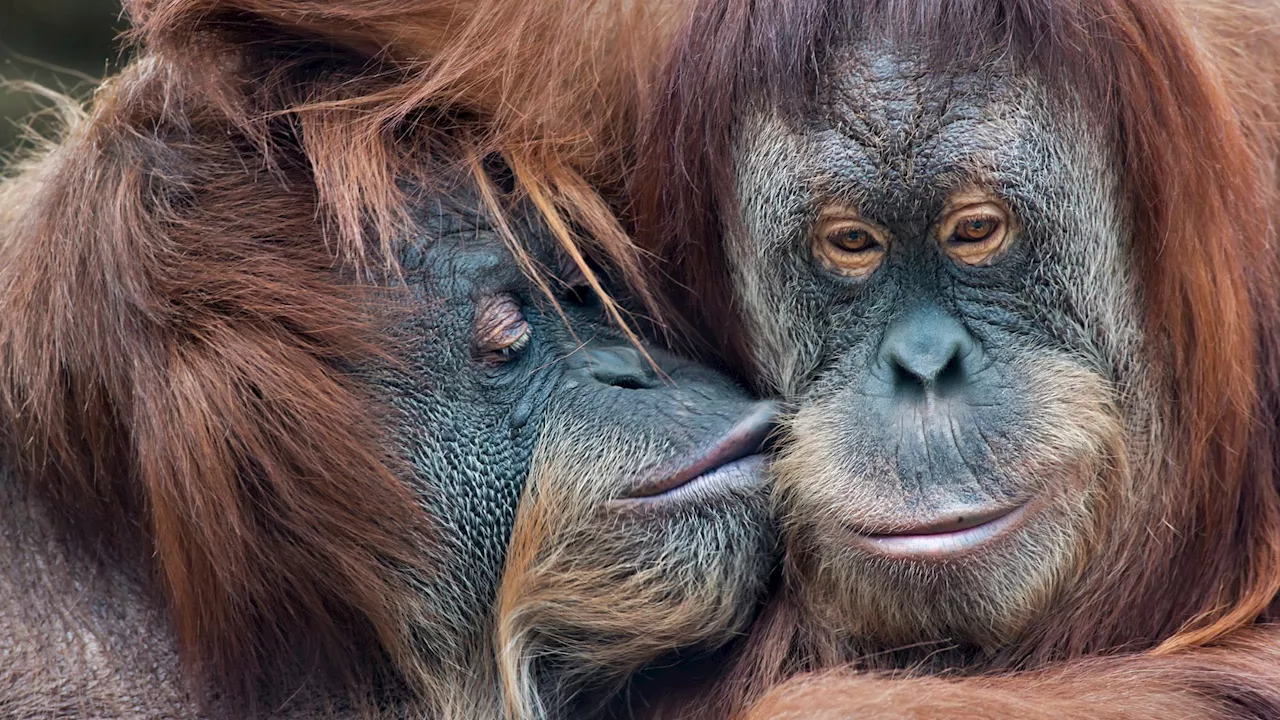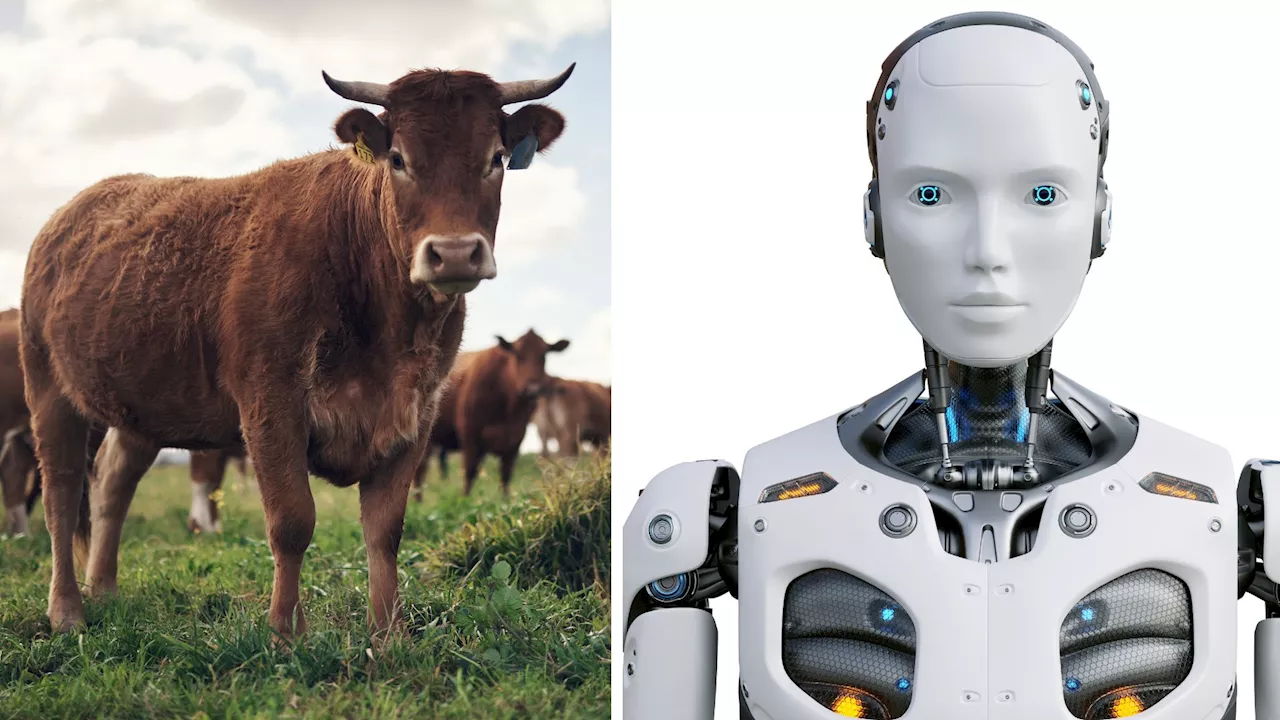The researchers studied chimpanzees interacting with touch screens, observing how their performance changed based on the number of human observers.
The authors highlight that the desire for social approval and the influence of reputation might have deeper evolutionary roots than previously thought.
Researchers from Japan’s Kyoto University have discovered that chimpanzees — humans’ closest living relatives — also exhibit this behavior. “What was most surprising was that the chimps were actually affected by human audience members, who are not even of the same species.
“Chimpanzees need to pay attention to who is watching them to navigate their own complex social lives. For example, if they know a higher-ranking individual is nearby they may need to be careful about taking any food in their presence. These mechanisms could also be related to how chimpanzees are affected by audience members, and human audience members,” Lin toldInterestingly, these chimpanzees are accustomed to participating in touchscreen experiments as a way to receive food rewards.
Audience Effect Chimpanzee Computer
United States Latest News, United States Headlines
Similar News:You can also read news stories similar to this one that we have collected from other news sources.
 Birth: It's a tight squeeze for chimpanzees, tooAccording to a new study, chimpanzees, like humans, must contend with a confined bony birth canal when giving birth. In humans, the problem was exacerbated by our unique form of upright walking since this led to a twisting of the bony birth canal, while the fetal head got larger.
Birth: It's a tight squeeze for chimpanzees, tooAccording to a new study, chimpanzees, like humans, must contend with a confined bony birth canal when giving birth. In humans, the problem was exacerbated by our unique form of upright walking since this led to a twisting of the bony birth canal, while the fetal head got larger.
Read more »
 Genomic study identifies human, animal hair in 'man-eater' lions' teethScientists analyzed hairs extracted from the broken teeth of two 19th century 'man-eater' lions. Their analysis revealed DNA from giraffe, human, oryx, waterbuck, wildebeest and zebra as prey, along with hairs that originated from the lions.
Genomic study identifies human, animal hair in 'man-eater' lions' teethScientists analyzed hairs extracted from the broken teeth of two 19th century 'man-eater' lions. Their analysis revealed DNA from giraffe, human, oryx, waterbuck, wildebeest and zebra as prey, along with hairs that originated from the lions.
Read more »
 Human sense of smell is faster than previously thought, new study suggestsIn a single sniff, the human sense of smell can distinguish odors within a fraction of a second, working at a level of sensitivity that is “on par” with how our brains perceive color, “refuting the widely held belief that olfaction is our slow sense,” a new study finds.
Human sense of smell is faster than previously thought, new study suggestsIn a single sniff, the human sense of smell can distinguish odors within a fraction of a second, working at a level of sensitivity that is “on par” with how our brains perceive color, “refuting the widely held belief that olfaction is our slow sense,” a new study finds.
Read more »
 Human kissing could have originated from great apes’ ‘groomer’s final kiss’: StudyAccording to a new study by the University of Warwick, kissing may have evolved from grooming behaviors practiced by ancient great apes.
Human kissing could have originated from great apes’ ‘groomer’s final kiss’: StudyAccording to a new study by the University of Warwick, kissing may have evolved from grooming behaviors practiced by ancient great apes.
Read more »
 Cats Can Learn Words Faster Than Human Babies, Study SuggestsThe Best in Science News and Amazing Breakthroughs
Cats Can Learn Words Faster Than Human Babies, Study SuggestsThe Best in Science News and Amazing Breakthroughs
Read more »
 Virtual cows could boost human-robot interactions with 80% accuracy: StudyA virtual cattle herding game offers insights into human navigation, predicting 80% of movements and improving AI and robotic design.
Virtual cows could boost human-robot interactions with 80% accuracy: StudyA virtual cattle herding game offers insights into human navigation, predicting 80% of movements and improving AI and robotic design.
Read more »
